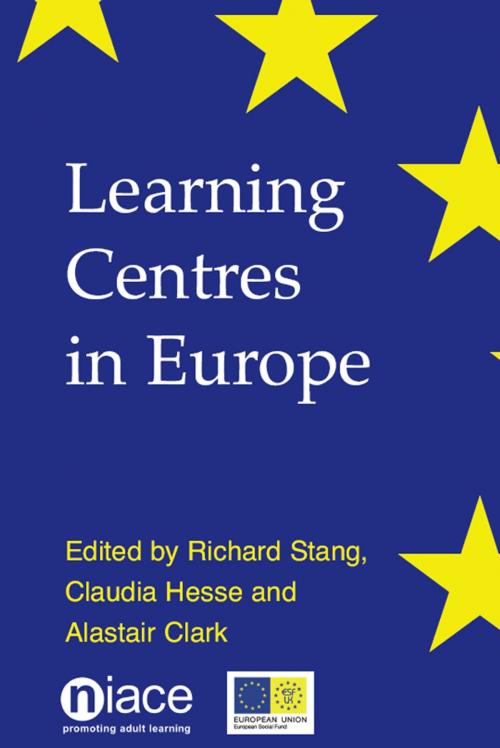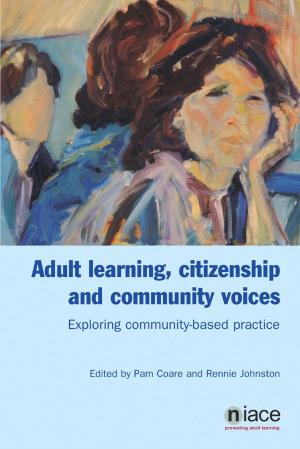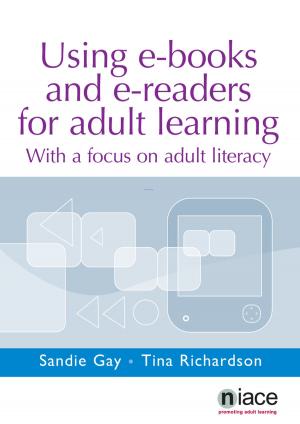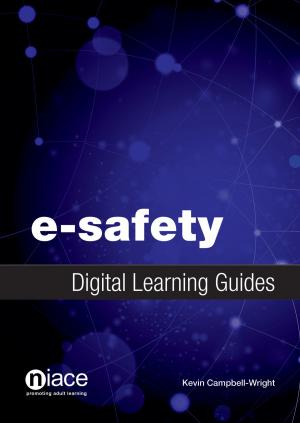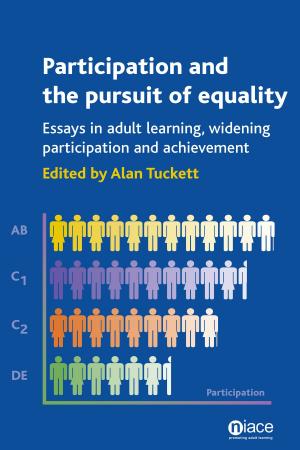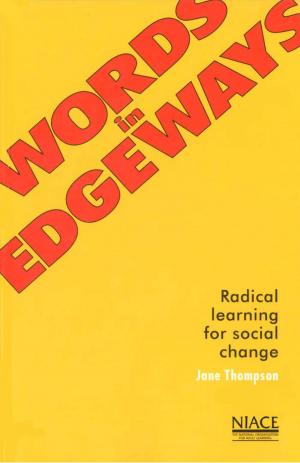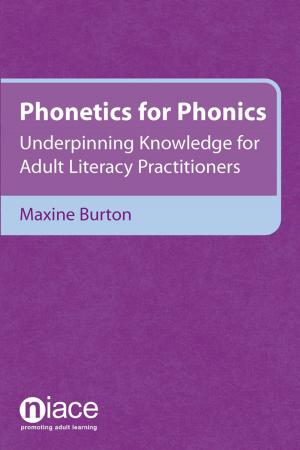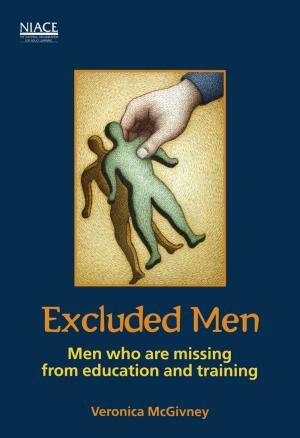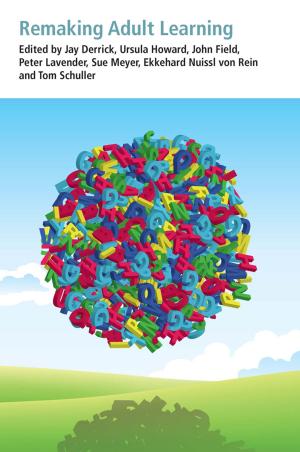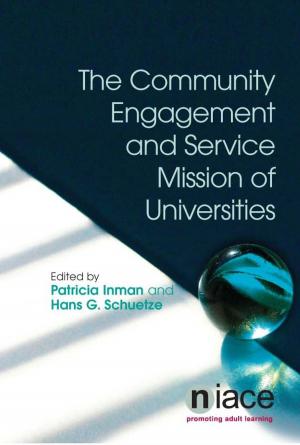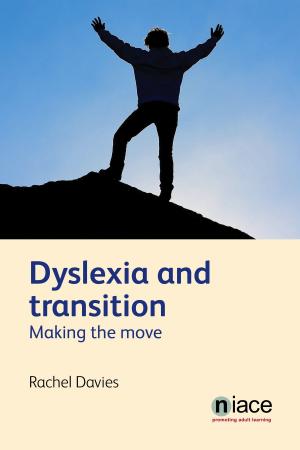Learning Centres in Europe
Nonfiction, Reference & Language, Education & Teaching, Educational Theory, Adult & Continuing Education, Administration| Author: | ISBN: | 9781862016774 | |
| Publisher: | National Institute of Adult Continuing Education (NIACE) | Publication: | September 14, 2006 |
| Imprint: | National Institute of Adult Continuing Education | Language: | English |
| Author: | |
| ISBN: | 9781862016774 |
| Publisher: | National Institute of Adult Continuing Education (NIACE) |
| Publication: | September 14, 2006 |
| Imprint: | National Institute of Adult Continuing Education |
| Language: | English |
Throughout Europe, where refugee, migrant and minority ethnic communities are an increasingly integral part of the social, political, economic and cultural identity of most large cities, the need to develop relevant, accessible provision for adult learners from these communities has never been greater. Apart from barriers of language, financial hardship, inadequate or non-existent guidance, and a lack of familiarity with the host country's educational system, there is widespread failure on the part of adult education providers to develop courses that meet their needs. This publication gives examples of good practice in catering for black and migrant communities in each of the six countires covered (Belgium, France, Germany, the Netherlands, Spain and the UK). However, the very nature of the work - the way it is funded, the location and status of the classes, the marginalisation of part-time and voluntary tutors and the 'invisibility' of their students' achievements - has meant that this work often goes unrecognised. This resource pack provides an accessible training aide to assist tutors in meeting the needs of black and migrant communities more effectively. It aims to identify ways of improving organisational practice and encouraging organisational change in response to thier needs. Readership: tutors, course leaders and others seeking to improve their organisation's provision for ethnic minority adult learners; trainers and staff developers, especially those who are working with tutors to develop or improve such provision; and adult education and college managers involved in curriculum planning or human resource development in support of the above.
Throughout Europe, where refugee, migrant and minority ethnic communities are an increasingly integral part of the social, political, economic and cultural identity of most large cities, the need to develop relevant, accessible provision for adult learners from these communities has never been greater. Apart from barriers of language, financial hardship, inadequate or non-existent guidance, and a lack of familiarity with the host country's educational system, there is widespread failure on the part of adult education providers to develop courses that meet their needs. This publication gives examples of good practice in catering for black and migrant communities in each of the six countires covered (Belgium, France, Germany, the Netherlands, Spain and the UK). However, the very nature of the work - the way it is funded, the location and status of the classes, the marginalisation of part-time and voluntary tutors and the 'invisibility' of their students' achievements - has meant that this work often goes unrecognised. This resource pack provides an accessible training aide to assist tutors in meeting the needs of black and migrant communities more effectively. It aims to identify ways of improving organisational practice and encouraging organisational change in response to thier needs. Readership: tutors, course leaders and others seeking to improve their organisation's provision for ethnic minority adult learners; trainers and staff developers, especially those who are working with tutors to develop or improve such provision; and adult education and college managers involved in curriculum planning or human resource development in support of the above.
